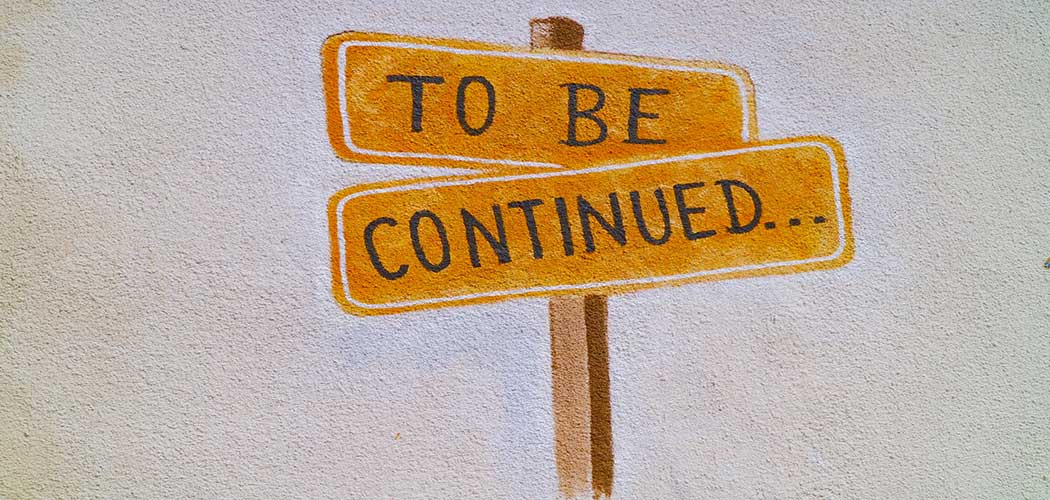
How to Overcome 5 Common Fears of Sharing Your Story
First Fears of Story Sharing
Over twenty years ago, I held my first story feast. One day, at the end of the moms’ group I led, I passed out a one-page handout with some prompts, reflection questions, and a quick guide for writing a redemption story. I enthusiastically explained that in two weeks we would gather over rich fare to share the amazing stories of our lives.
My beloved moms responded with a collective face-fall. I was shocked—it had never occurred to me that my enthusiasm for sharing stories would not be met with equal excitement by our little band of mothers. And yet, they looked like they had been tossed back to a tenth grade English class and assigned a pop essay which they knew would soon be scarred with red pen.
Here’s the thing. For most of my life, I have processed my thoughts and feelings by writing things down. I learned as a young child that my journal was a (fairly) safe place to record the stories of my life. At fifteen, as a new Christian, I learned that scribbling out Bible verses and prayers helped me to memorize Scripture and pay attention to what I was praying. Over the years, I also learned that journaling helped me to see the contours of the story God was writing—in my life, in the world, in Scripture.
My First Story Feasts
Not only did I learn to write down my stories as a young Christian, I also discovered the benefit of sharing stories in community. At Pioneer Plunge, a Young Life camp where I first attended as a camper and later worked as kitchen coordinator, there was no TV. In fact, we were completely unplugged. We worked hard clearing trees to build new structures on the campsite, so we were hungry and tired at mealtimes. We sat for over an hour around homemade bread and homegrown tomatoes, resting and recharging, talking about the day. One feature of every mealtime was the “life story.” Over the two-week session, huddled around the handmade picnic tables, each camper would have the spotlight, the opportunity to tell about his or her life.Are you eager to learn and grow in sharing your story? Or, do your palms begin to sweat when I even bring up the topic? Learn to share your story! Share on X
I’m not sure why I wasn’t afraid to jump right in when it was my turn. I always began my story with what seemed as a teenager like the beginning of my life as I knew it, “My parents were divorced when I was seven.”
Some days, we went around the table to answer questions like, “If you could have three living people to dinner, who would you have?” or “If you could be anything for a day, what would you be?” (This was way before “Would You Rather” games and instagram emoji stories!). The stories flowed and brought humor, insight, and hope, tightening the bonds of our little camping community.
That’s my story of stories, of how and why writing and sharing stories became a crucial part of my growth in understanding God and others. Since that first story feast with my moms twenty years ago, I’ve realized that not everyone feels so excited about sharing stories in community. What about you? Are you eager to learn and grow in sharing your story? Or, do your palms begin to sweat when I even bring up the topic? Over the years, I’ve discovered five main objections to writing and sharing stories. Today I’ll share the first two, and next week, the last three. Do you find yourself in any of these?
5 Reasons You Might Not Write and/or Share Your Stories (and How to Overcome Your Fears)
-
I can’t write.
Sofia couldn’t write either. As a Bosnian-born woman who had very little schooling, her letters were poorly formed, and her language was heavy and broken. But guess what? When she began in broken English to recount her story of summers in Yugoslavia before Bosnia became independent, no one cared how good her grammar was. People were fascinated to hear her story, to know how God had brought her out of the terrible atrocities committed in Bosnia and gave her glimpses of redemption in the beauty of summer sunrises over the Mediterranean sea.
The fact is, when you tell a story that gives people more insight to who you are, how God made you, and what matters to you, how well you write or speak does not matter at all.
-
I’m afraid to speak in public.
When Keisha, at twenty, the youngest attendee of a long-ago Story Feast, began telling of her years-long dream of vacationing at Disneyworld, you could see beads of sweat gathering on her face. Her voice quivered as she spoke. We strained to hear what she was saying. But after the first two minutes, when she saw the eager faces of older women leaning in to hear her story, she relaxed. The women cheered with joy as she reached the climax of her story—the day her parents surprised her by pretending to drive her to school but taking her instead to Disneyworld.
Given that speaking publicly is the number one fear in the world, surpassing death itself, it’s understandable to feel a little frightened about sharing your story. All the more reason to practice sharing stories with small groups of friends and acquaintances—as you look at the faces of those you fellowship with, you will remember that you’re not giving a Ted Talk for millions of viewers.
Subscribe to receive Part Two of this post in your inbox, three more reasons people don’t share their stories.
Photo by Reuben Juarez on Unsplash
